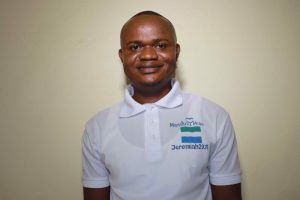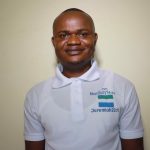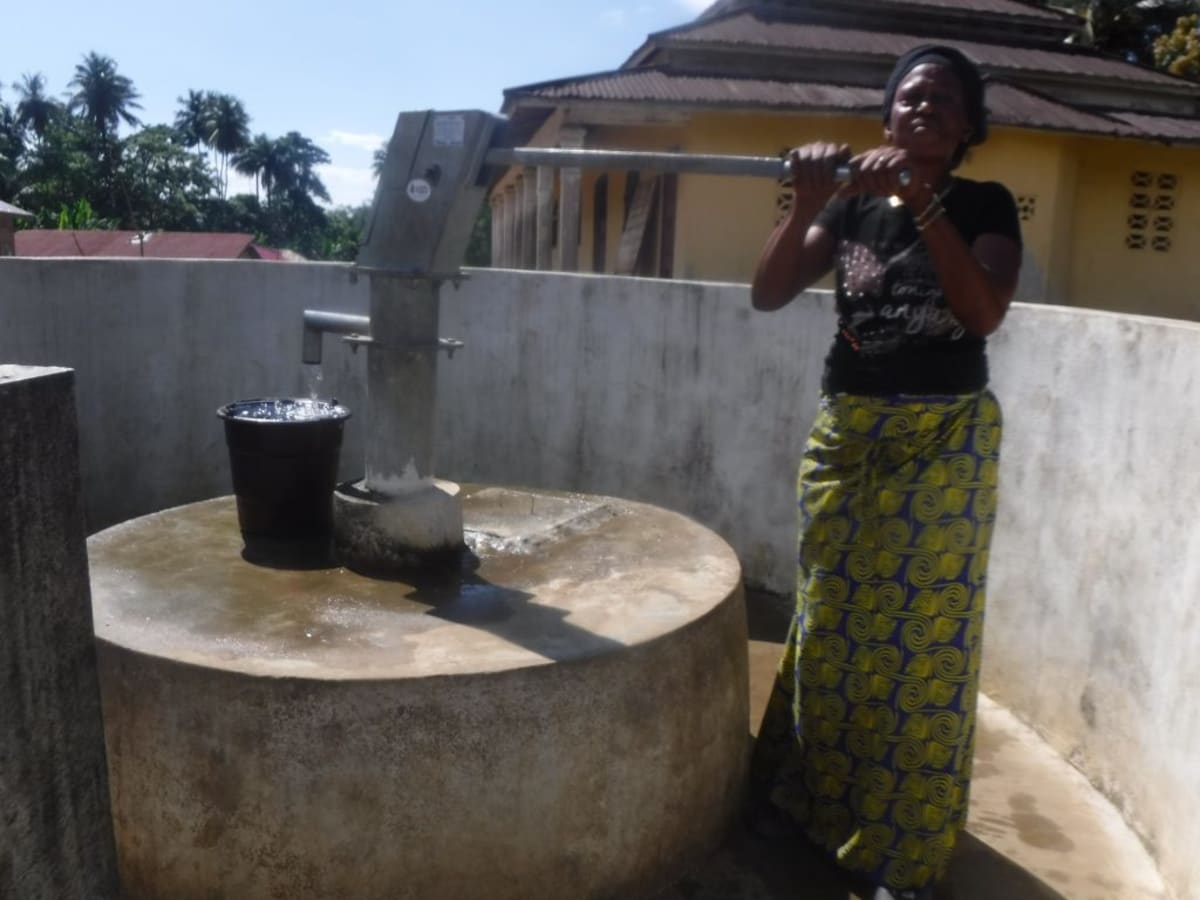December, 2022: Madina Community Well Rehabilitation Complete!
We are excited to share that a safe, reliable water point at Madina Community in Sierra Leone is now providing clean water to community members! We also conducted hygiene and sanitation training, which focused on healthy practices such as handwashing and using latrines.
"I believe that the days of struggling for water in this community [are] over because this water well at the Central Mosque is now good to drink and has enough water to fetch at any time," said 15-year-old Maseray B. "I will now easily fetch enough water from this well to my house at any required time."

Maseray, in the black shirt, splashes water with other community members.
Maseray went on to explain why fetching water had been so difficult for her in the past. "The previous condition of this water well was not good, and no one was fetching water from it. In the morning, I had to wait before I could fetch water from the well. I spent more time fetching water than doing my schoolwork at home. This affected my performance on [my] examinations. It was particularly difficult to fetch water in the morning before going to school because of the overcrowding at the well down the hill. Sometimes, I returned to my house without fetching water in [the] morning because I needed to rush to school on time."

"I am now happy because this water well at the Central Mosque is now working well," Maseray concluded. "It is near to my house. I can quickly rush to fetch water from this well to my house. The water is clean, and there is enough water from the well."
"I am happy today because of the clean water that I am seeing from this water well," said 55-year-old Yabom Posseh Kamara, whom we spoke to when we first visited Madina. "This water well was not useful to anyone in this community because there was no water, and no one was interested to look for water from it. Now, it is useful to every one of us in this community, including the worshipers of this Mosque. The water is now clean and sufficient for us."

Yabom, in the collared shirt, splashes water at the well.
"When the water wells in this community were not working, I struggled to provide water for my family every day," Yabom continued. "The means of getting water to complete my daily activities was a problem. I am now happy because I can easily fetch water from this water well to do all my daily activities. The other water wells in this community are also working well, just [like] this one here. I am grateful to you all for improving this water well for us. There [will be] no problem of water shortage in my house again."
We held a dedication ceremony to officially hand over the well to the community members. Several local dignitaries attended the ceremony, including representatives from the Port Loko District Council, the Ministry of Water Resources, and the Ward Council.

Osman Fofanah from the Ministry of Water Resources celebrates with community members.
Each official gave a short speech thanking everyone who contributed to the rehabilitation of the water project and reminding everyone to take good care of it. Then, Maseray and Yabom made statements on their community's behalf. The ceremony concluded with celebration, singing, and dancing.
Clean Water Restored
The drill team arrived the day before beginning work. They set up camp and unpacked all their tools and supplies to prepare for drilling the next day. The community provided space for the team to store their belongings and meals for the duration of their stay. The following day, the work began.
First, we raised the tripod, the structure we use to hold and maneuver each drilling tool. Next, we measured the well's original depth. We then socketed the pipes and installed a casing.

Finally, we lined up the drill rods and started to drill! We reached a final depth of 16 meters with water at nine meters. The hand-drill method allowed the team to install the cylinder far below the aquifer so that the community has excellent water access throughout the year.
With drilling complete, we installed screening and a filter pack to keep out debris when the water is pumped. We then cemented an iron rod to the well lining and fixed it with an iron collar at the top.
Next, we bailed the well by hand for three days and flushed it, clearing any debris generated by the drilling process. Finally, we tested the yield to ensure the well would provide clean water with minimal effort at the pump.

Bailing in progress.
As the project neared completion, we built a new cement platform, walls, and drainage system around the well to seal it off from surface-level contaminants. The drainage system helps to redirect runoff and spilled water to help avoid standing water at the well, which can be uncomfortable and unhygienic and a breeding ground for disease-carrying mosquitoes.
At last, we installed the pump and conducted a water quality test. The test results showed that this was clean water fit for drinking!

The completed project.
New Knowledge
Before conducting any hygiene training, we called and visited the local water user committee to understand the community’s challenges and lack of sanitation facilities. We shared the findings from our discussions with the committee members to help them make the necessary adjustments before the training began. For example, we identified households without handwashing stations or ones that may need to repair their latrines. With this information, community members worked together to improve hygiene and sanitation at home.
After this preparatory period, we scheduled a time when members from each household using the water point could attend a three-day hygiene and sanitation training. We then dispatched our teams to the agreed-upon location to hold the meeting.

Training topics covered included handwashing and tippy taps, good and bad hygiene habits, disease transmission and prevention, COVID-19, worms and parasites, dental hygiene, proper care of the well's pump, keeping the water clean, the cost recovery system, dish racks and clotheslines, the importance of toilets, keeping latrines clean, balanced diets, the diarrhea doll, and HIV and AIDS.

One topic that elicited a lot of discussion was family planning and contraception. We invited a local nurse named Abdulai Songa to the training, and he explained this topic to the participants.
He emphasized that it's important to start speaking to preteens about how to prevent teen pregnancies, which can be devastating on both the individual and community levels. One training participant shared a story of how, when she was a teenager, her 17-year-old friend became pregnant. She was frightened to tell her parents, so she went to a "quack" doctor who gave her a pill that was meant to induce a miscarriage. Tragically, the pill ended up killing both mother and baby, and the participant lost her best friend. Facilitators emphasized that proper contraception and open communication between parents and teenage children can help prevent such sad situations in the future.

Another topic with a lot of community participation was water-related disease. When we surveyed the community, we found that almost everyone there is a survivor of typhoid, which is transferred via contaminated food or water. We explained how such diseases can be prevented through proper hygiene and sanitation practices like covering their latrine pits, using dish racks to properly dry their dishes and utensils and keep them out of reach of animals, and ensuring the well stays clean and well-maintained to prevent contamination. The community members were thankful for the information since it will hopefully help them protect themselves and loved ones in the future.
"I am happy for this training because it is important to know about the topics that we learned," said Yabom (quoted earlier. "I now know the importance of going to the hospital early when sick. As a leader, I will make sure that we institute laws that will help us to have a healthy community. I will tell every parent to control their kids from defecating everywhere in the community. I have now [learned] the techniques of proper handwashing. Honestly, I was not washing my hands with soap and clean water after using the toilet. Now, I have my tippy-tap (handwashing station) hanging in front of my latrine to wash my hands after using the latrine."

"I want to thank you for inviting Nurse Songa to our community and sensitizing us about the things that we must do to make this community healthy," Yabom continued. "I am happy for his presence at the training because not everyone can go to the clinic to get the messages that we have from this training. Lactating mothers also refuse to take their children for vaccination. I am happy they have started knowing the importance of getting their babies vaccinated."
Conclusion
This project required a substantial collaboration between our staff, our in-country teams, and the community members themselves. When an issue arises concerning the well, community members are equipped with the necessary skills to rectify the problem and ensure the water point works appropriately. However, if the issue is beyond their capabilities, they can contact their local field officers to assist them.
Also, we will continue to offer them unmatchable support as a part of our monitoring and maintenance program. We walk with each community, problem-solving together when they face challenges with functionality, seasonality, or water quality. Together, all these components help us strive for enduring access to reliable, clean, and safe water for this community.
With your contribution, one more piece has been added to a large puzzle of water projects. In our target areas, we’re working toward complete coverage of reliable, maintained water sources within a 30-minute round trip for each community, household, school, and health center. With this in mind, search through our upcoming projects to see which community you can help next!
Thank you for making all of this possible!

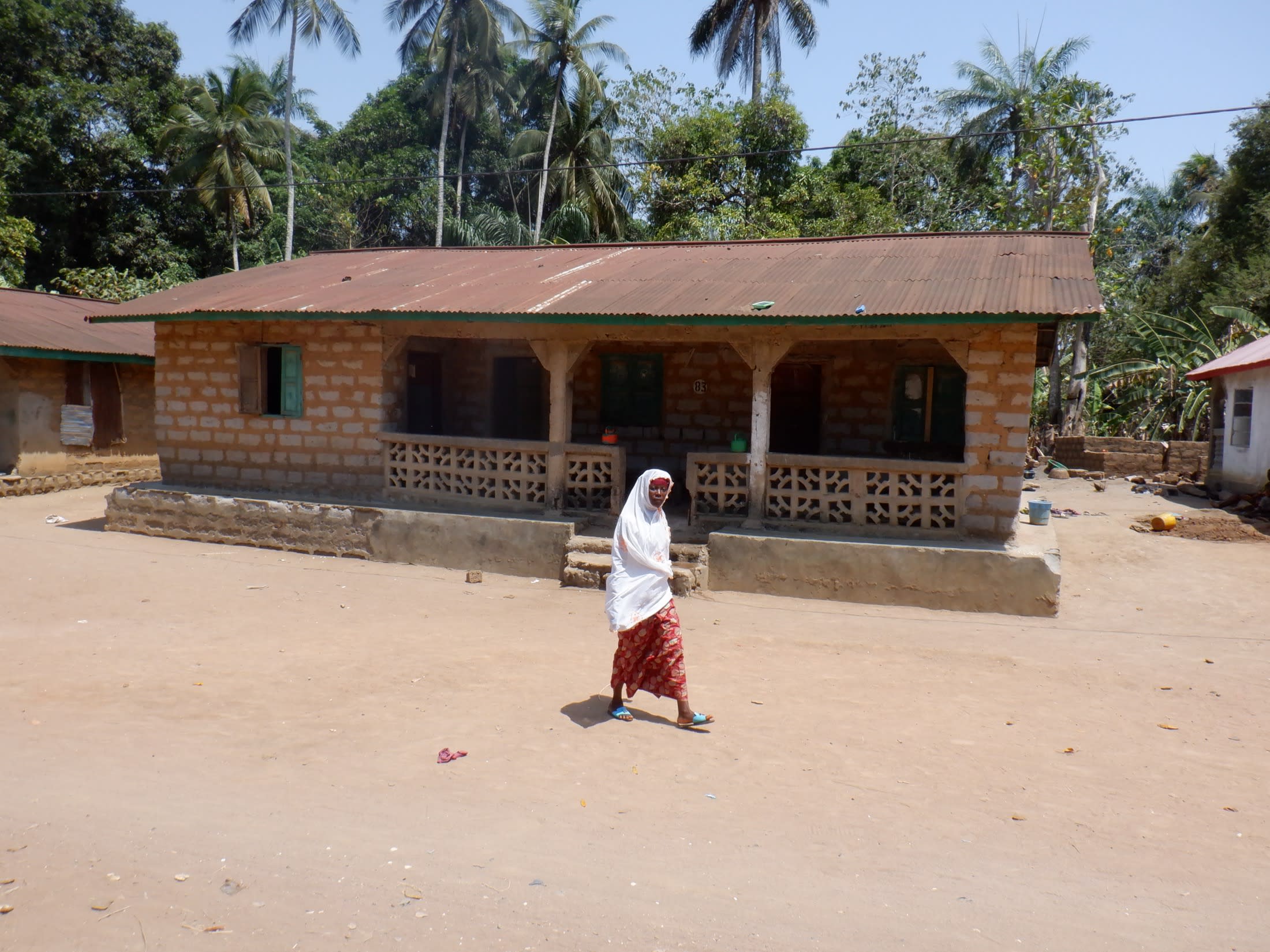
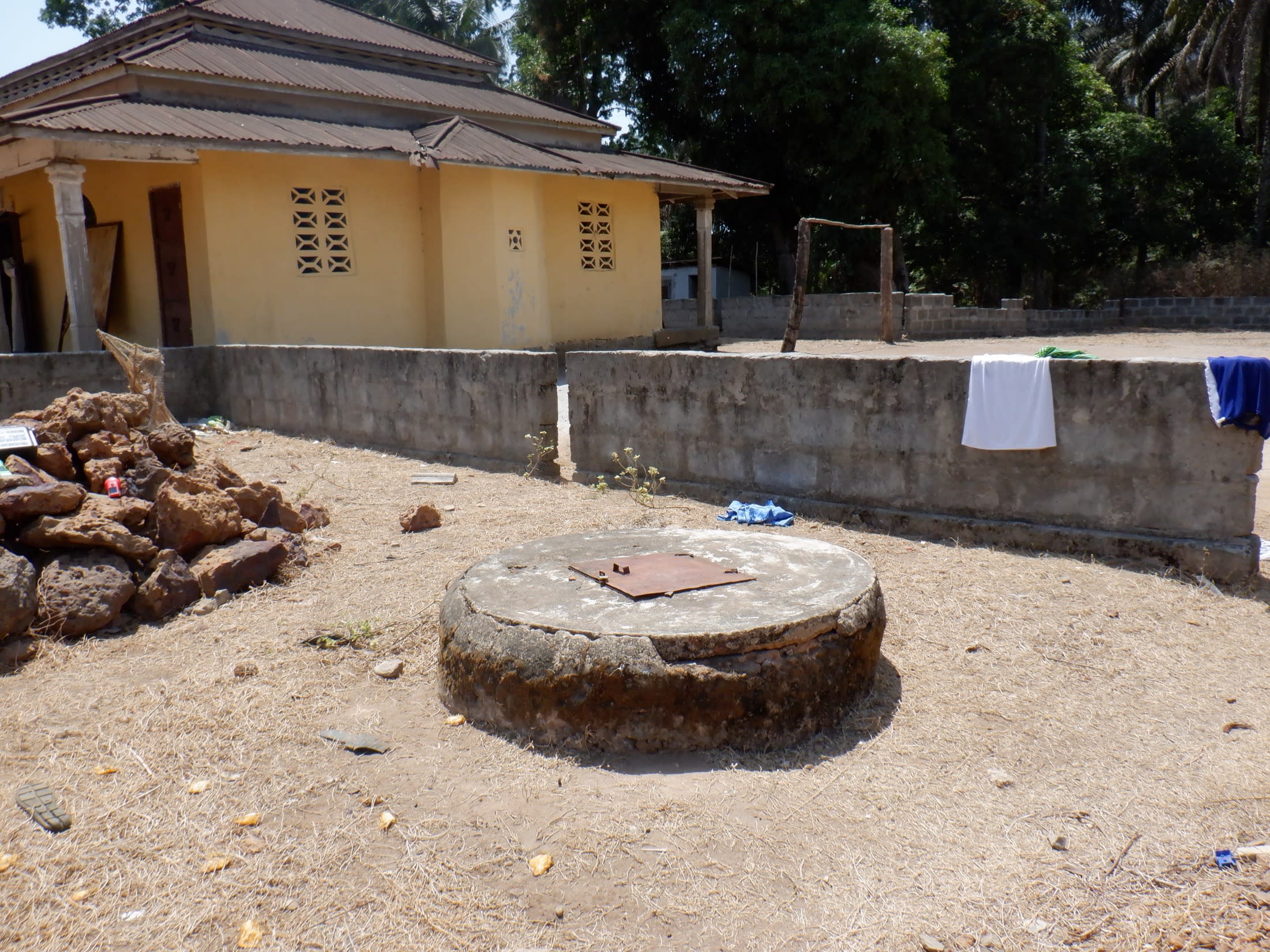
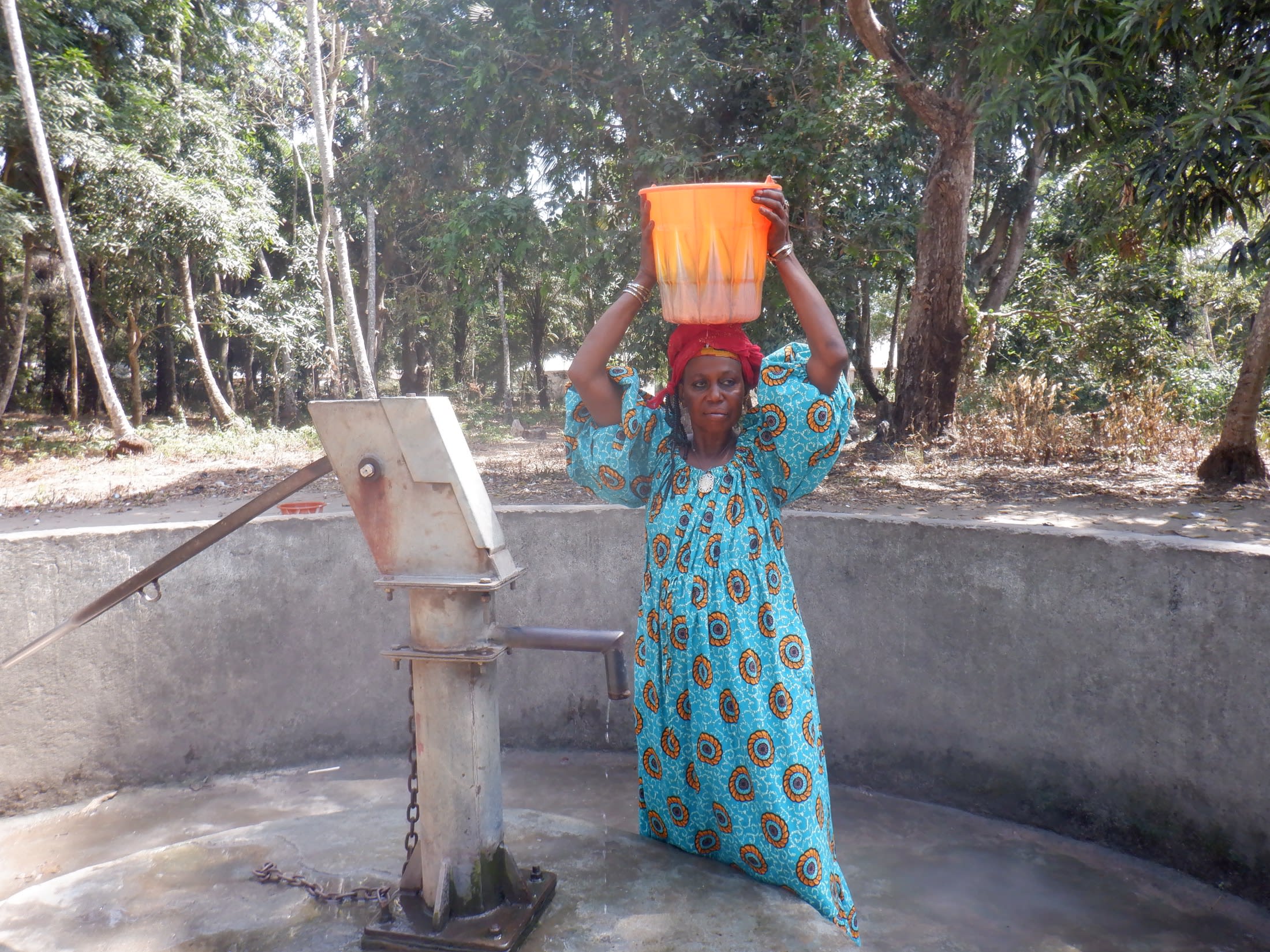
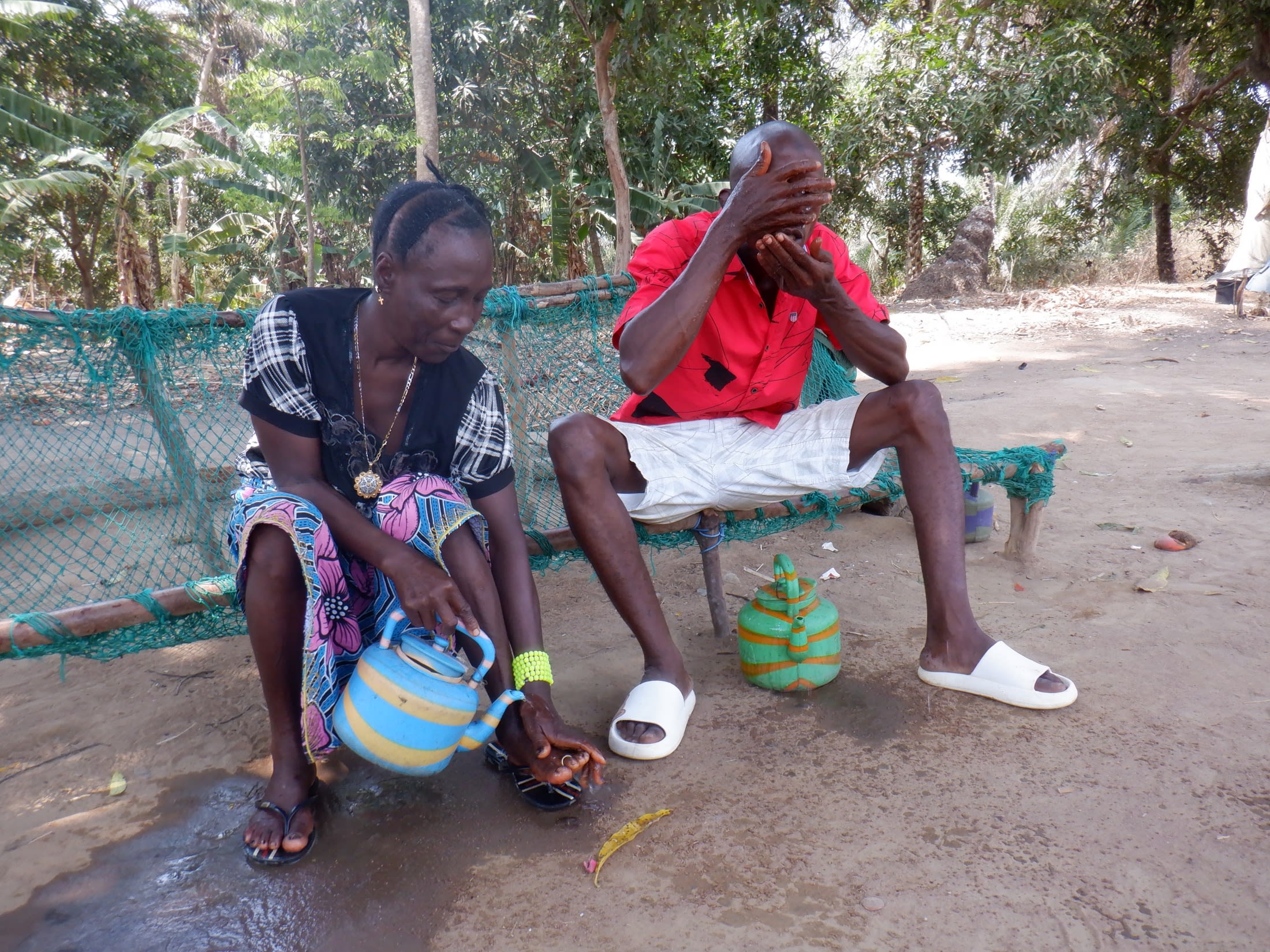
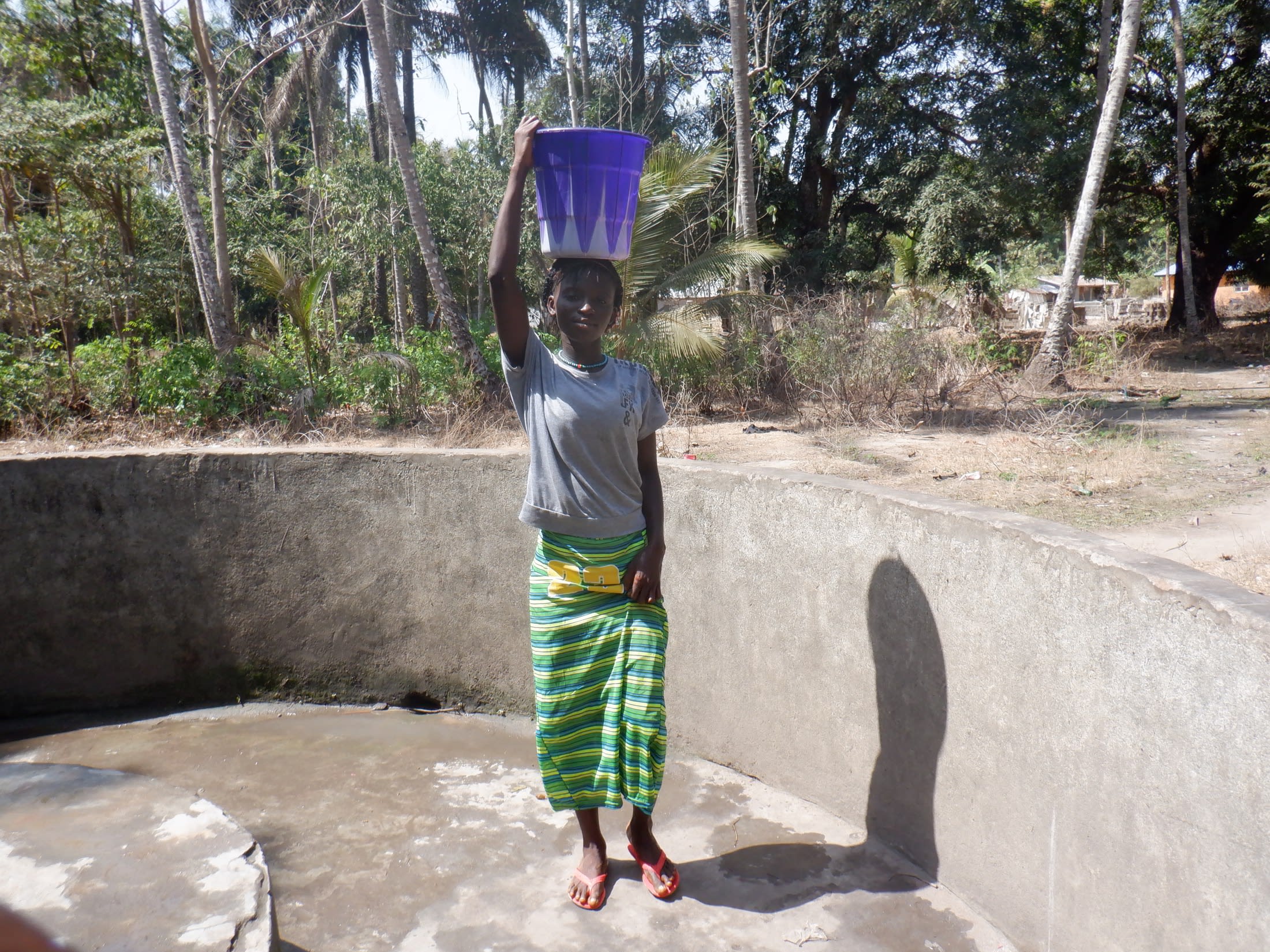

 Borehole Well and Hand Pump
Borehole Well and Hand Pump









